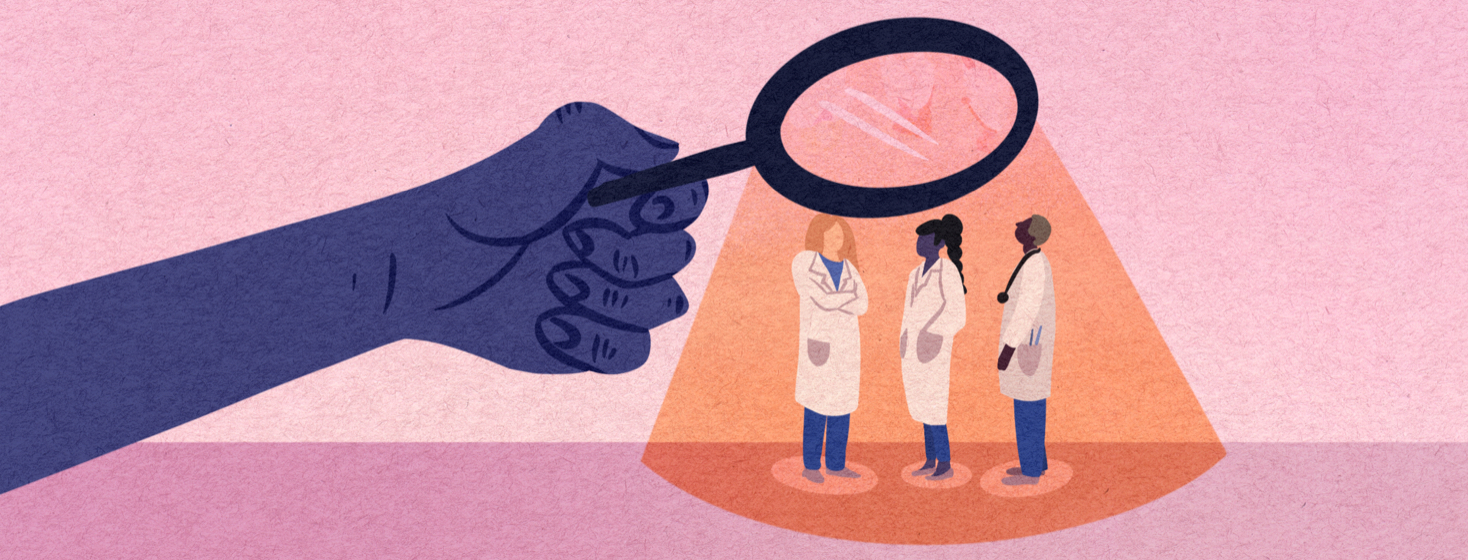What Qualities Do You Look for in a Physician?
The possibility of a cancer diagnosis can be most frightening. Choosing the right physician for follow-up, diagnosis and treatment is so important. The process may take time as you look for a physician who treats your type of cancer.
Ask your current physician who they suggest
I remember when an abnormality on a routine test suggested blood cancer. I was overwhelmed and was not sure which physician to contact. After speaking with my internist as well as speaking to friends, I selected a physician whose specialty covered my cancer.
Some oncologists specialize in blood cancer
Since the diagnosis suggested a type of lymphoma, it was appropriate to choose an oncologist who specialized in blood cancers.
Other types of specialties may include a medical, surgical or radiation oncologist.
Questions to ask your doctor before your appointment
My initial questions included:
- Was the physician Board certified? This means the physician has special training in a certain area, passed an exam and must continue education in that area to maintain certification.
- Is the physician a specialist in the type of cancer you may have?
- Is the physician or his practice involved in clinical trials? This involvement in academic and clinical expertise can provide the most current treatment protocols.
Questions to ask yourself after your first appointment
After your first appointment you may consider the following:
- Did you feel comfortable asking questions? Trust your instincts. Did you experience any concerns or discomfort talking with the physician?
- Did the physician listen?
- Did your physician explain things clearly?
I was most fortunate that the selected physician truly listened to my numerous questions.
- Did the physician spend enough time with you?
- Is the physician agreeable to a second opinion? He spent time with both me and my husband and insisted on a second opinion.
Other important qualities
Other qualities when choosing a physician include:
- Confidence. The physician knows what he is talking about and promotes reassurance in the patient.
- Understanding. Listens to my problems, respects what I am feeling both emotionally and physically. He displays a sensitivity and does not minimize your concerns or worries.
- Competence. Uses evidence- based medicine, listens and is aware of subjective and objective data. Fortunately, my oncologist suggested the most recent and effective chemotherapeutic regime which was validated by my second opinion oncologist from a world -renowned tertiary care center. I firmly believe that his selection of this newly published chemotherapy and maintenance therapy resulted in my successful and continued remission.
- Attentive. Provides attention to the patient in-spite of numerous demands. The physician focuses on the specific patient issues, listens and provides recommendations. The patient does not feel rushed by the physician.
- Values my concerns and wishes. The physician is respectful and not biased.
- Honest. The physician uses plain language and presents all appropriate facts.
- Inspires optimism. By combining honesty and sensitivity the physician promotes a sense of hope in his patients at this most difficult time.
- Availability. There is a plan to reach the physician during off hours. I was blessed that my physician provided his cell phone number if I had questions or issues developed. Other team members may be available should the need arise.
The relationship between the physician and patient is paramount to a successful experience. The above characteristics of a physician will promote good communication skills, compassion and a warm environment where the patient can be an active participant during this most difficult time. you can find more tips on the American Cancer Society's page about choosing your cancer team.

Join the conversation